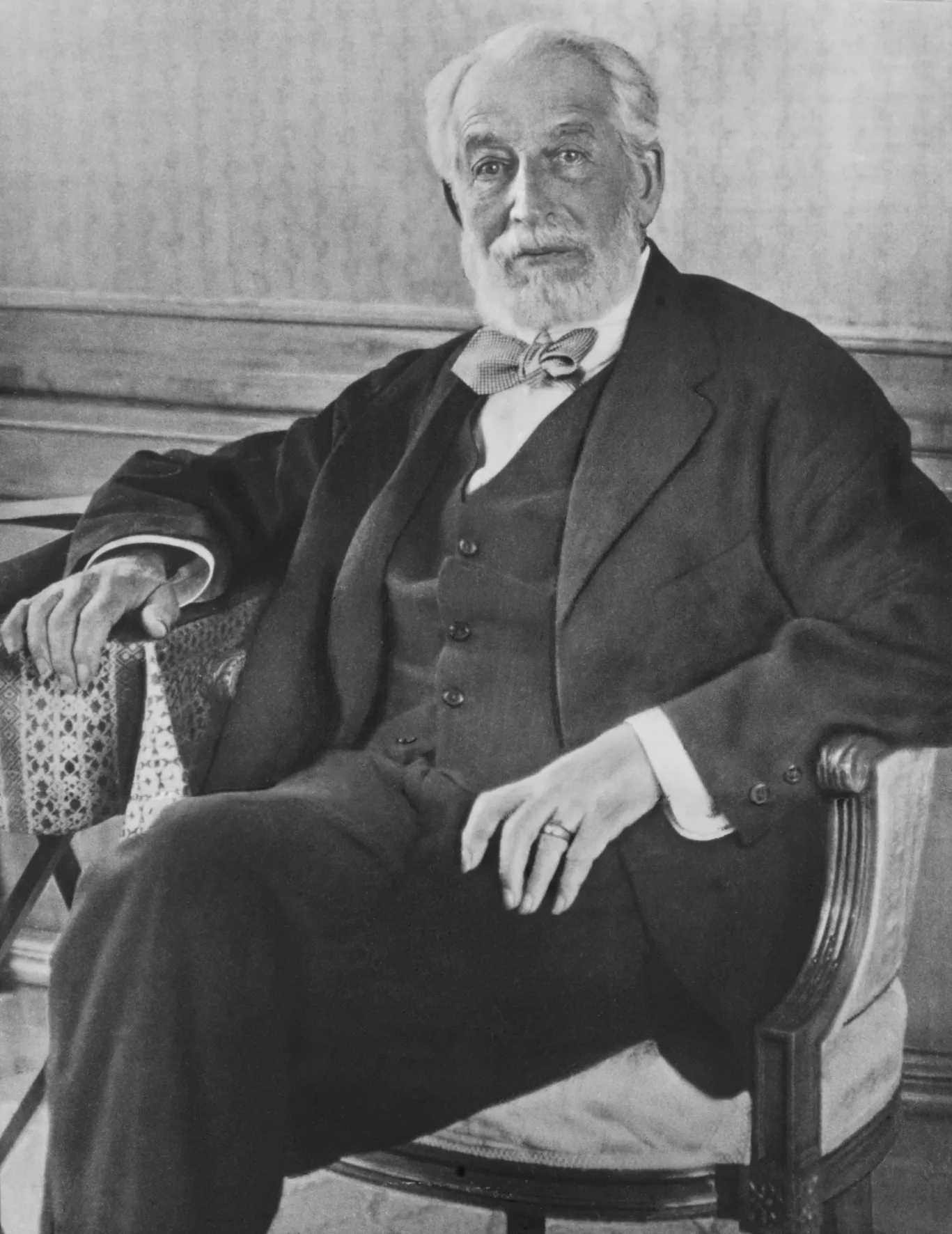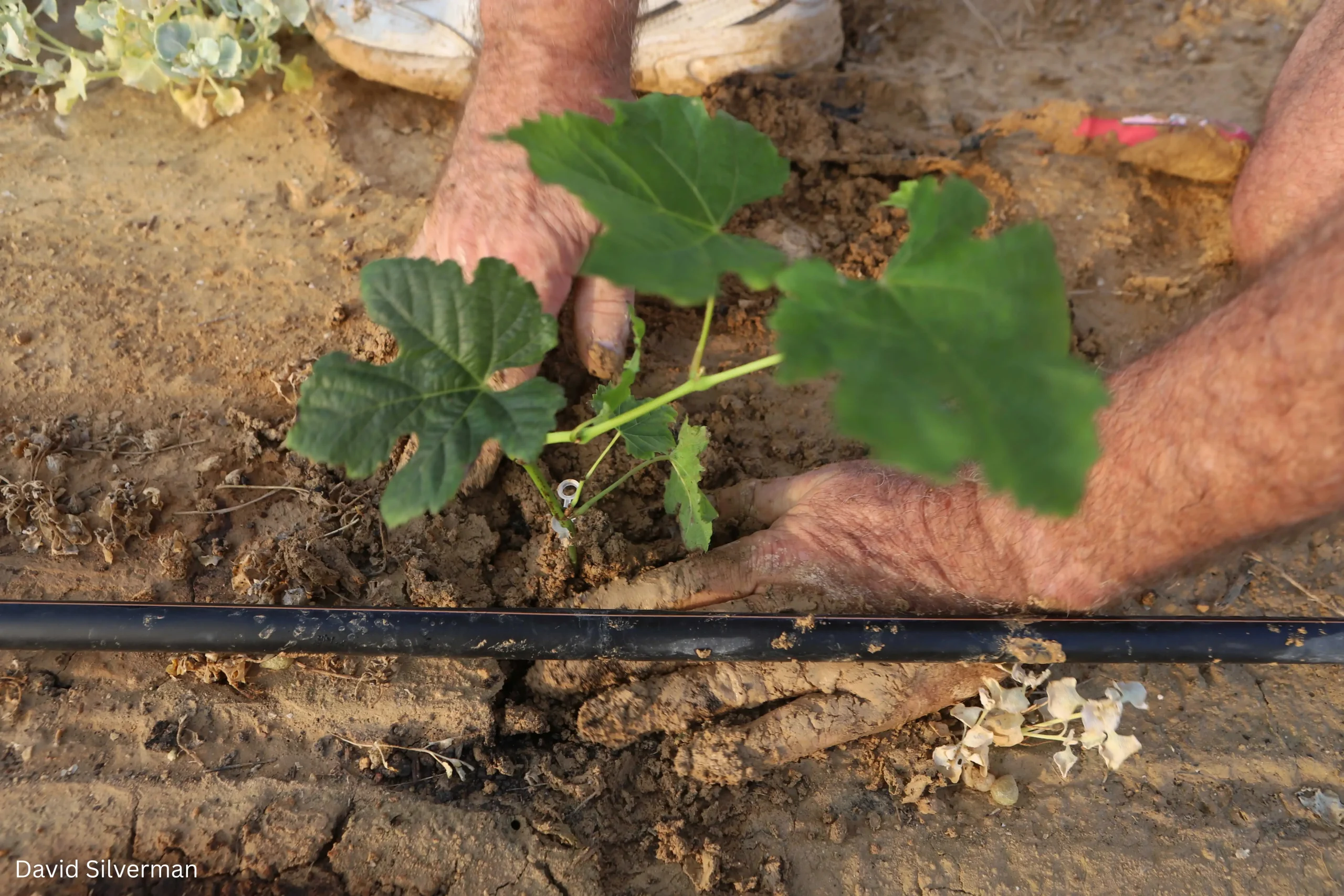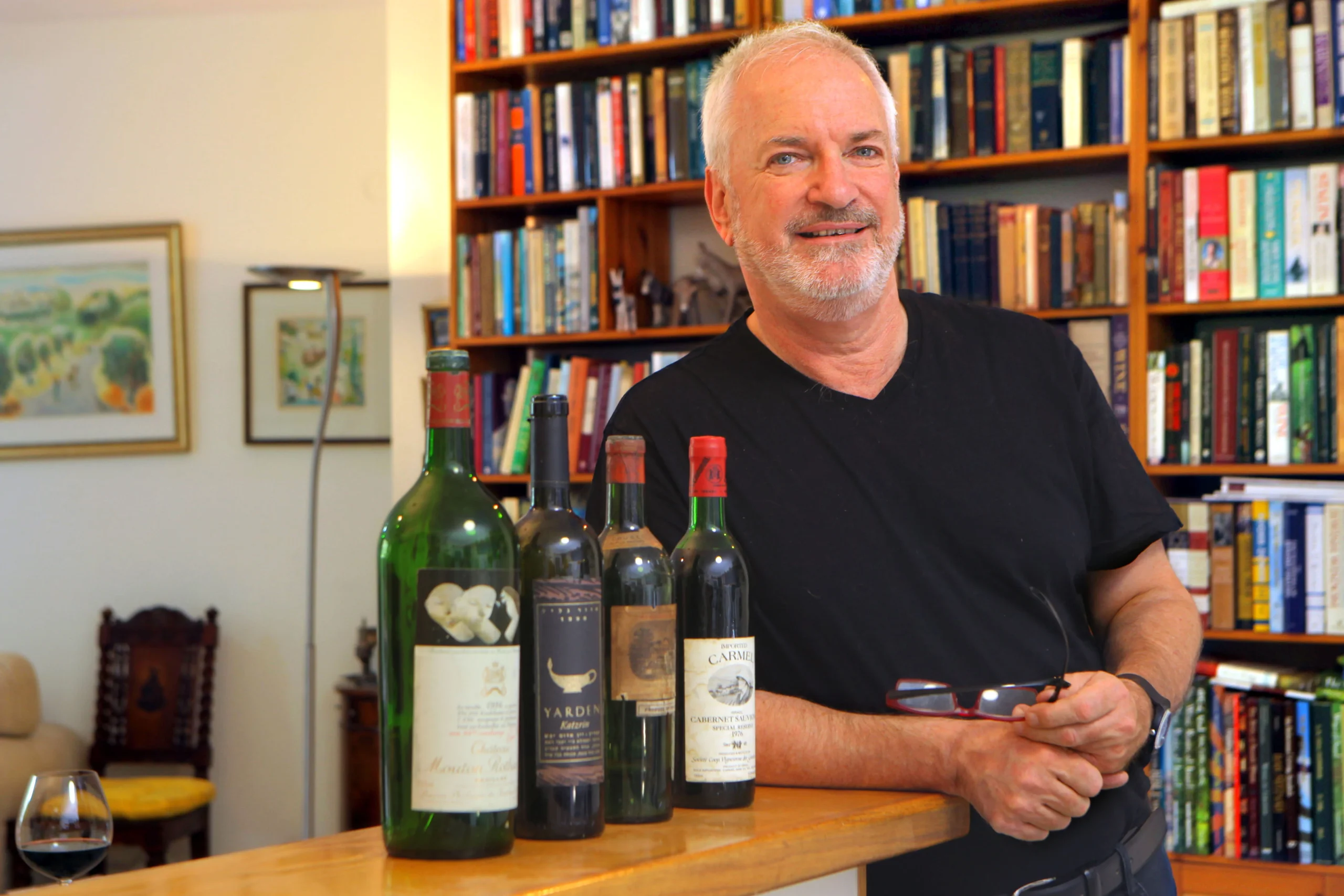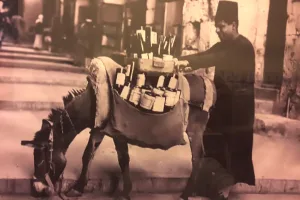Seder Night is a banquet with a theme and tradition, and at all banquets there should be the utmost care in choosing the wine and the food. The main theme as far as I am concerned is the Arba Kossot. It has to be a good festival when have to drink four glasses of wine!
Come this time of year, I am usually recommending favorite wines I have recently tasted. It is a great opportunity to pay homage to the best wines drunk in the last six months. However, most Seder nights are large parties, often very large parties. Most likely, half the guests don’t even like wine and the other half prefer wines you would not normally drink.
It is certainly a pity to spend money on those expensive, special purchase wines for a large gathering. Also it is slightly disingenuous of people like me to write about them each year. So this time, I am getting real and facing the facts. Many people drink sweet and cheap. Therefore let’s agree to keep the expensive award winning wines for a smaller group of wine lovers and instead we will try to make the maximum number of people happy. So these are my more practical, realistic wine recommendations for this year.
Firstly your choice does not have to be limited to sweet kiddush wines. However if you want tradition and wines your children will like, then who am I to tell you different. Likewise if you are used to grape juice, then I don’t think my wine preference will sway you.
Some people even make an impromptu blend of Kiddush wine and grape juice, to as it were, gain the best of both worlds. Many say the finest wine possible should be used for the first glass as it is the most important. Others are content with sweet kiddush wines because that is what they are used to or because it is the first wine and it is drunk on an empty stomach.
For all those traditionalists, I have a newish wine for you that will solve all your problems. It is sweet but not as sweet as a Kiddush wine. It has lower alcohol than a regular wine, but is not totally alcohol free like grape juice. It is aromatic and tasty. And I guarantee the great Aunts and In Laws who hate wine, will love it. To me it is the perfect Kiddush or sacramental wine for all the family. These are wines called Moscato.
They are low alcohol (5-6% only), petillant or frizzante (ie slightly sparkling), with a delicate sweetness and the aromatic grapey aroma that you only receive from Muscat grapes. You want to be traditional and innovative at the same time Then look for Moscatos. They will normally be under 30 shekels a bottle and you will find them under the brand names such as Buzz, Dalton, Hermon, Selected and Teperberg.
These are any time any place wines. Perfect for picnics, breakfast, brunch…or as the newest most tasty type of Kiddush wine! Moscatos are made in the similar way to the Moscato d’Asti in Italy. They are the new trend in beginner’s wines, replacing past fads such as Emerald Riesling and Fantasia. They are so popular in America, they refer to the fad as ‘Moscato madness’!
Of course Moscatos are white. Traditionalists will demand red wine. (Many insist on only red wines during a Seder as being ‘more correct’, others prefer white wines because red wine invited reminders of the Passover blood libel accusations.)
However, all is not lost as both Buzz and Teperberg have a red version called Carignano and Red Moscato respectively.
Whether you choose Kiddush wine, grape juice or Moscato style, serve them very cold. Put them in the fridge at least two hours in advance, or earlier if you have space.
For the next two glasses I would delve into the price category of what I believe are the best value wines available in Israel. I am referring to those priced at ‘three for 100 shekels.’ Who knows, they might even be less expensive by the time Pesach draws near! The latest revolution in Israeli wine has been in this lesser expensive price range. On a day to day level, I proudly drink wines from this category.
For the second glass, a white wine is recommended. If this is a banquet, it is the aperitif, which is drunk with the symbolic foods on the Seder Plate. So a light, fruity white wine is ideal to prepare for the coming meal and then to drink with the first course. I would go for the Binyamina Bin Chardonnay or Tabor Har Chardonnay, two quality wines representing very good value. If the preference is semi dry, I would take the Barkan Reserve Emerald Riesling. The touch of sweetness will nullify the taste of the maror – bitter herbs, and will go well with the gefilte fish. If you do want to stick with red wines, a light, easy drinking red wine like Mount Hermon Red is fruity and refreshing and not in the least astringent.
In a banquet you reserve the finest wine for the main course. The third glass comes just after the meal, but I would open it with the main course and then continue with it. For this, I recommend the Private Collection Cabernet Sauvignon or Galil Mountain Merlot. These are two wines punching well above their weight. The Cabernet has more structure and the Merlot is more rounded. If you want a blend, the Recanati Yasmin Red is full of flavor and juicy fruit.
The fourth glass has to be drunk leisurely, after the meal. A quality sweet wine provides the correct finale. The sipping and singing go together well. The light, frothy Moscato may again be the perfect answer, being more digestible after a large meal. If not, I recommend a more traditional dessert wine such as the Teperberg Silver Riesling or Private Collection Muscat, served ice cold.
Those who always say Israeli wine is expensive should stroll around the supermarkets before Pesach. Today the main wine shops are also trying to match the prices and be competitive too. It is a buyer’s market.
If your choice is to buy only two wines, I suggest looking only for a soft Merlot and a semi dry white. If you prefer only one,…… it is back to Moscato!
My most important advice is that the best wine to buy is the wine you like. Don’t be under any pressure with your Passover purchase. It is smarter to appeal to the lowest common denominator, than to the one or two wine mavens that may be present. Then everyone has the chance to have a good Seder wine experience. Remember wine is not only there to talk about, it is also there to drink …..and on Seder Night it is a Mitzvah! Have a Kosher & Happy Passover. Le’Haim!
















